Prime Minister, the Honourable Dr. John Briceño led a delegation to Guatemala City, Guatemala, to attend the presidential inauguration of that country’s new leader, Bernardo Arevalo. The scheduled ceremony set for 2PM on Sunday, January 14th was almost overshadowed by an extended delay stemming from issues within the Congress. Arevalo was finally sworn in as the 52nd president of Guatemala minutes after midnight.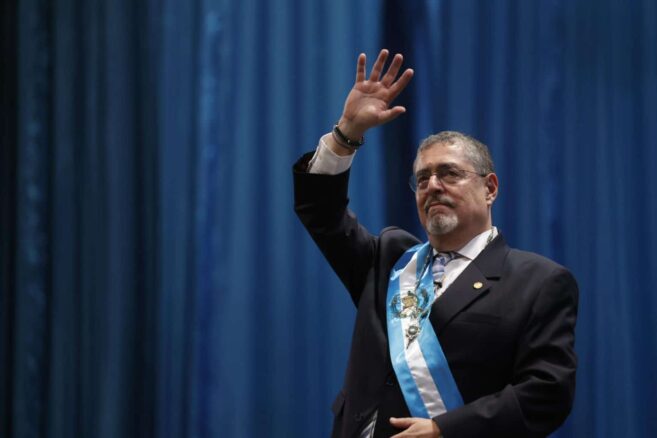
Prime Minister Briceño was accompanied by Belize’s new Minister of Foreign Affairs, Honorable Francis Fonseca, and Chief Executive Officer Ambassador Amalia Mai, who expressed concerns during the uncertain hours of the delay. Foreign Minister Fonseca stated that certain groups had tried to overturn the election results in Guatemala for several months. “We strongly condemn such actions. We came to Guatemala because we want to send a clear message that we support democracy in Guatemala, its new president-elect, and we want to see a peaceful transition of power,” Fonseca said.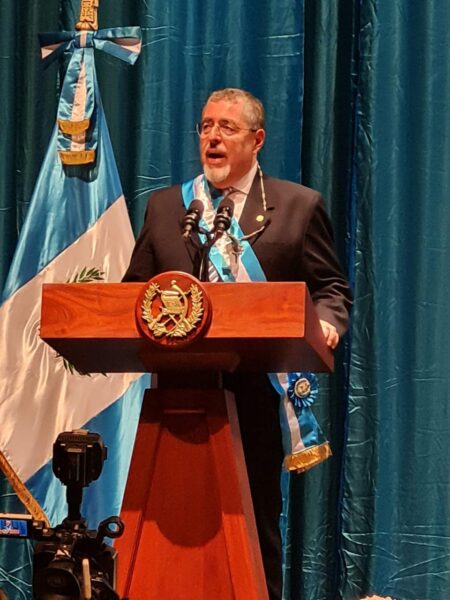
Meanwhile, Prime Minister Briceño noted that the political chaos unfolding before the presidential inauguration was a bit worrisome. He called on the Guatemalan Congressmen and women for a peaceful power transfer. “The people in Congress need to understand that we should always respect the rights of the people. Democracy must prevail in every modern country, and Guatemala is not an exception,” said Prime Minister Briceño.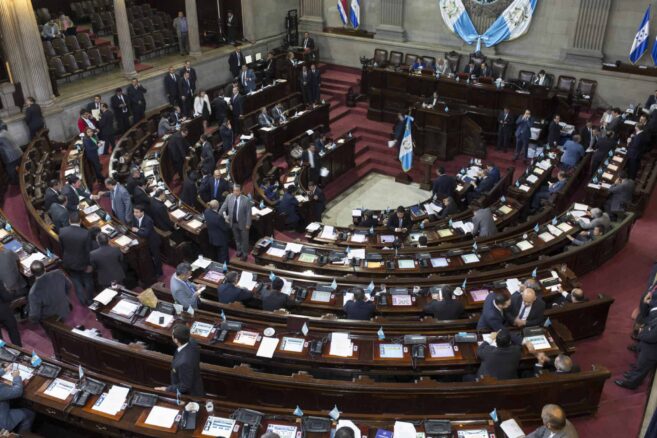
Arevalo was elected President during the second round of elections on August 20, 2023, and will serve for four years. His transition was met with efforts to derail his presidential inauguration. The issue inside the Guatemalan Congress on Sunday included legislators reportedly opposing Arevalo’s team, delaying and naming the delegation that had to attend the ceremony for the swearing-in of the new President. Congress members who were to participate in the inauguration as a special session of the legislature engaged in bitter infighting over who to recognize as members of such congressional delegation. This delay was a strategy to draw out the inauguration and weaken Arevalo. The delay led to protests in Guatemala City’s Zone 1 streets. Although they became a bit heated, the police maintained the order until finally, Arevalo was sworn in as the country’s new President.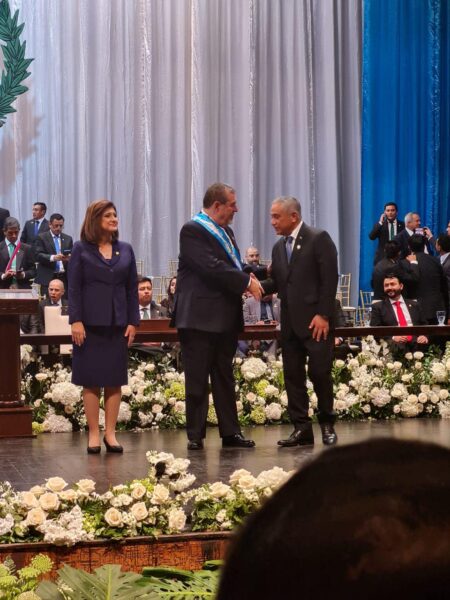
The way forward
Following the inauguration, and despite legislative setbacks, Arevalo has started working to implement significant reforms, addressing issues such as the soaring cost of living and violence, known factors contributing to migration to the United States of America.
President Arevalo was born on October 7, 1958, in Montevideo, Uruguay, the son of former president Juan José Arevalo. His father was Guatemala’s first democratically elected President in 1945. He remained in office until 1951 after surviving 25 coup attempts. He was later exiled to Uruguay. The new Guatemalan President spent part of his childhood living in Mexico and Chile and holds a doctorate in philosophy and one in social anthropology.
Arevalo briefly served as Guatemala’s Deputy Minister of Foreign Affairs from 1994 to 1995. The then President of Mexico, Ernesto Zedillo, decorated him in 1995 with the Order of the Aztec Eagle and appointed him Guatemala’s ambassador to Israel.
According to reports, during his diplomatic career, Arevalo became a member of the board of directors and the Meso-American Regional Research Center president. He also held various positions at Interpeace, an international peacebuilding organization. He also served as an advisor to various organizations in multiple fields, such as the United Nations, the United States Institute of Peace, and the University of San Diego, California. Arevalo has authored dozens of books and articles on history, politics, sociology, and diplomacy. The Guatemalan leader is fluent in Spanish, English, Hebrew, French, and Portuguese.
While there have been no talks regarding the future relations with Belize, no disturbances are expected to occur between the two countries. Guatemala maintains a centennial territorial dispute that has led to violent incidents along the border. The neighboring country has officially claimed more than half of the Belizean territory, alleging it has rights over it after the British breached the 1859 Boundary Treaty.
For decades, Belize and Guatemala engaged in diplomatic discussions without success. The Government and people of Belize are unwilling to cede any part of their country. As a result, the matter is before the International Court of Justice, where a final settlement is expected to be handed down within the next couple of years.
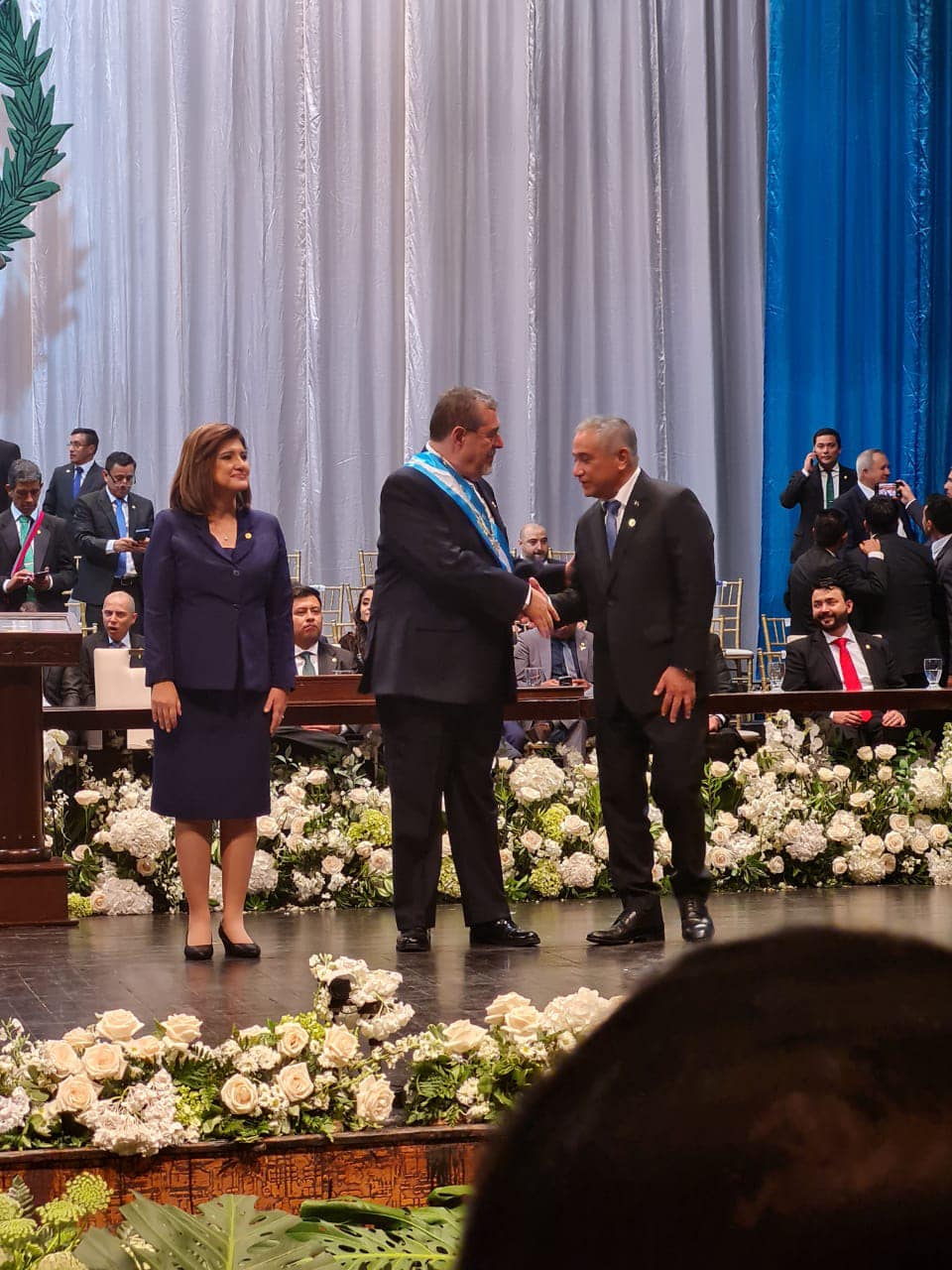
Share
Read more

